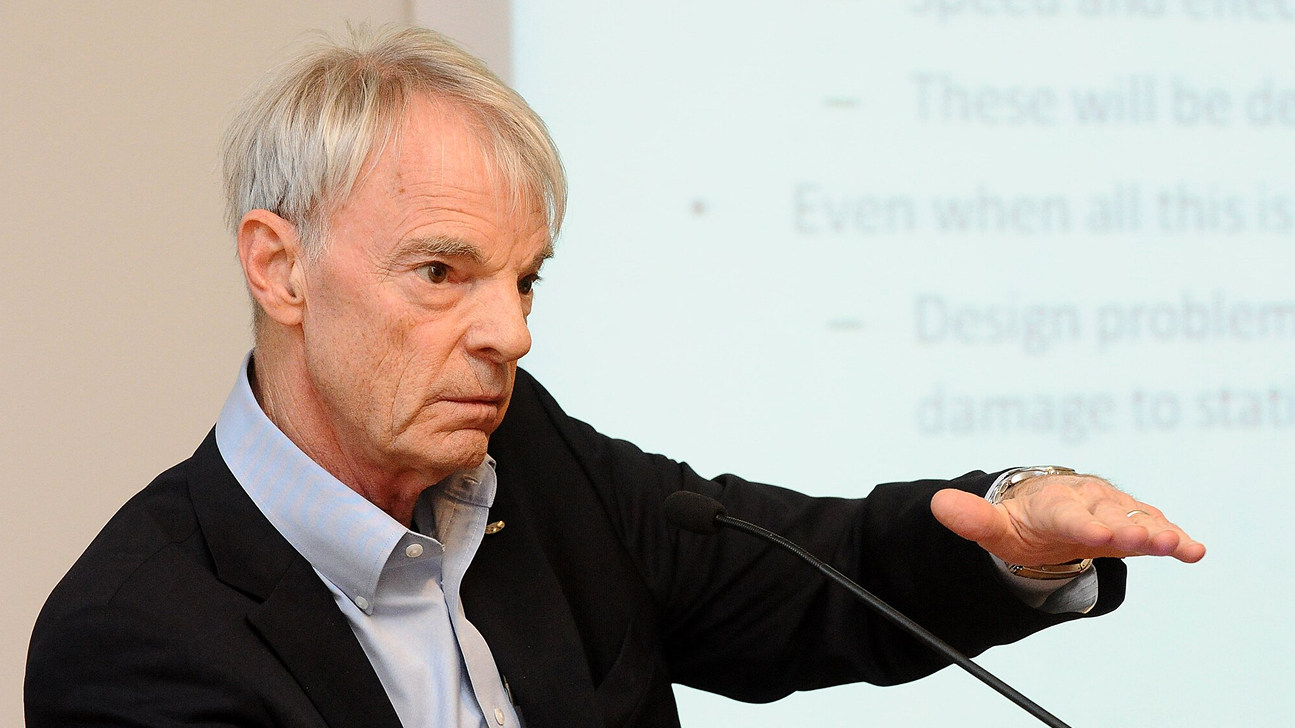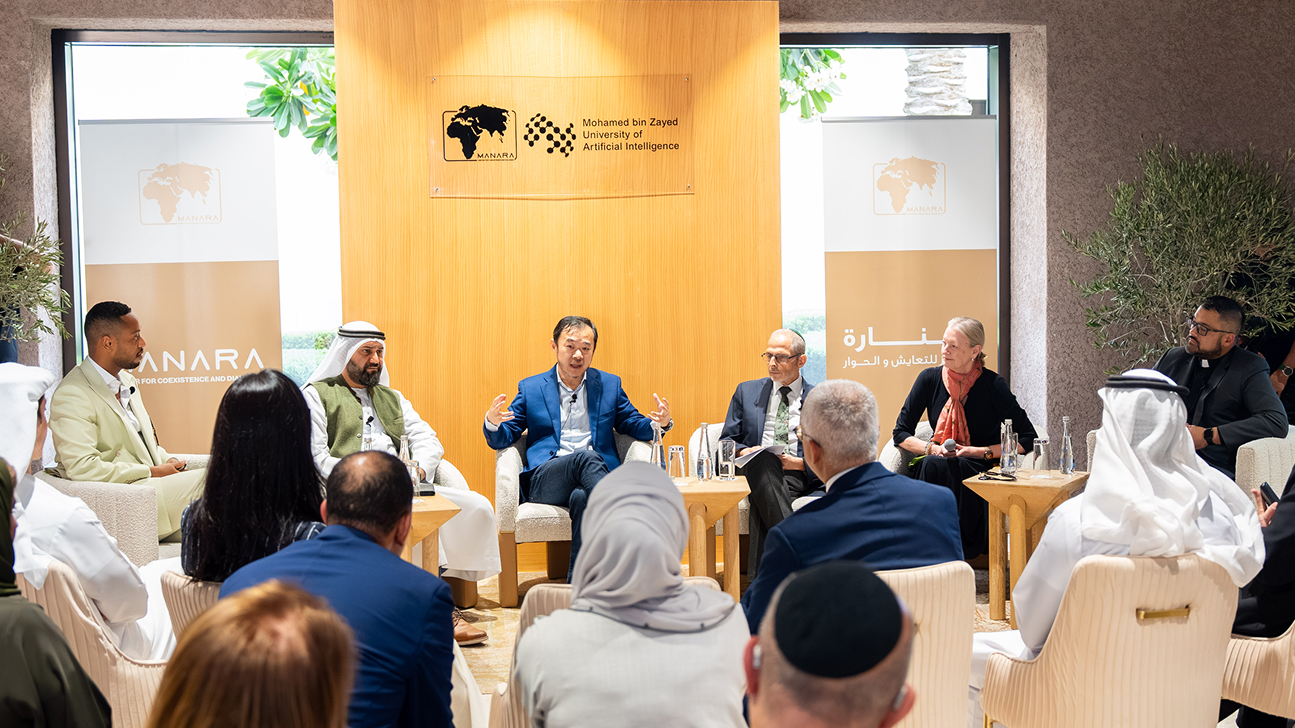NLP meets Psychotherapy: from Estimating Depression Severity to Estimating the Client’s Well-Being
Friday, April 28, 2023
Language plays a crucial role in psychotherapy and the related processes. Linguistic expression not only reveals emotional states, but also provides insight into the immediate cognitions of the client. In this talk, I will present two projects related to the use of NLP for estimating the client’s depression severity and well-being. In the first project, we examine emotional coherence between the subjective experience of emotions and emotion expression in therapy and whether this coherence is associated with clients’ well-being. We present an end-to-end approach where we use emotion predictions from our transformer-based emotion recognition model to study emotional coherence and its diagnostic potential in psychotherapy research. In the second project, we propose an efficient semantic pipeline to study depression severity in individuals based on their social media posts. We represent each individual by a set of selected sentences and use them as evidence for predicting the individual’s symptom severity. For that, we explore different aggregation methods to answer one of four Beck Depression Inventory (BDI) options per symptom. We conclude by a short overview of our further ongoing and planned projects in NLP for Mental Health.
Post Talk Link: Click Here
Passcode: U0dg7Mi+
Speaker/s
Iryna Gurevych (PhD 2003, U. Duisburg-Essen, Germany) is professor of Computer Science and director of the Ubiquitous Knowledge Processing (UKP) Lab at the Technical University (TU) of Darmstadt in Germany. Her main research interests are in machine learning for large-scale language understanding and text semantics. Iryna’s work has received numerous awards. Examples are the ACL fellow award 2020 and the first-ever Hessian LOEWE Distinguished Chair award (2,5 mil. Euro) in 2021. Iryna is co-director of the NLP program within ELLIS, a network of excellence in machine learning. She is currently the president of the Association for Computational Linguistics. In 2022, she has been awarded an ERC Advanced Grant.
Related
Nobel Laureate Michael Spence on how AI is redefining the global economy
Nobel Prize-winning economist Michael Spence explains how AI is reshaping the economic landscape and what is needed.....
- digital policy ,
- governance ,
- Nobel Prize ,
- guest talk ,
- guest lecture ,
- economics ,
- Economy ,
- Undergraduate ,
Understanding faith in the age of AI
MBZUAI hosted a panel discussion in collaboration with the Manara Center for Coexistence and Dialogue focused on.....
- connection ,
- discussion ,
- religion ,
- spirituality ,
- faith ,
- conversation ,
- panel ,
- Human–computer interaction ,

